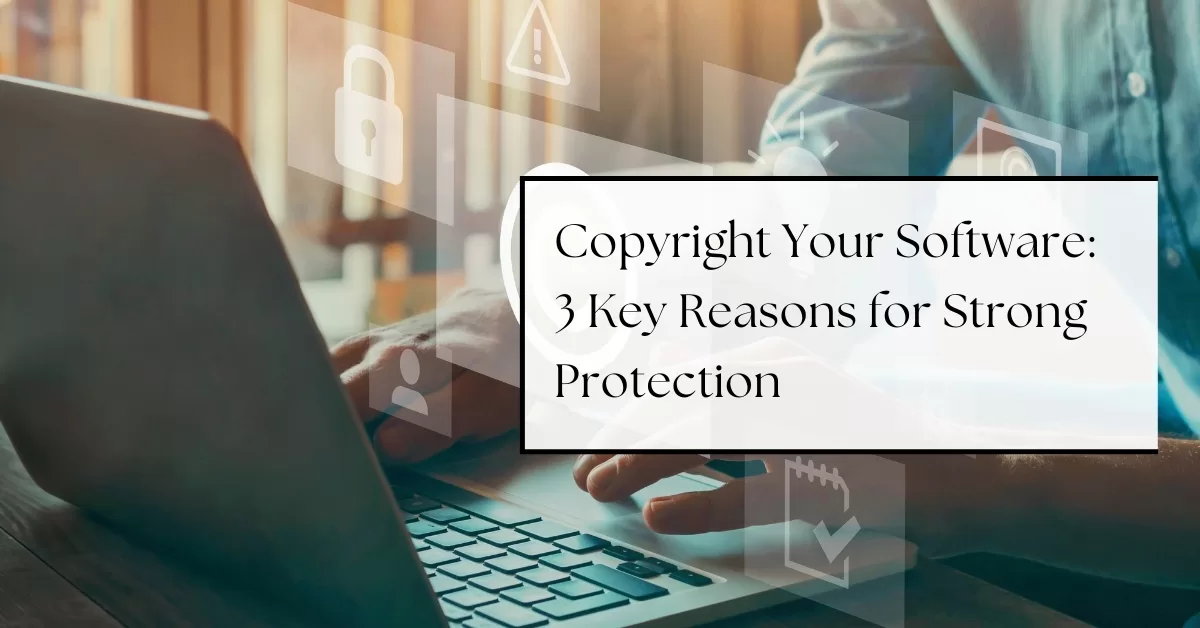Copyright Your Software law is the most important legal protection available to software publishers. Here’s why.
One of the best ways for software authors to protect their work is to register it with the U.S. Copyright Office. Registration is easy and cheap. For the significant benefits copyright provides, it’s one of the great insurance deals of all time.
You don’t have to register your work to get copyright protection — the instant your software becomes fixed in a tangible medium, you own the copyright. That means that no one may copy, distribute, display, or make adaptations of the work without your permission. However, actual copyright registration provides you with significant advantages.
For a comprehensive discussion of copyright law, see Nolo’s Copyright Resource Center.
Registration Allows You to Sue Infringers
If you want to stop someone from using or otherwise infringing on your work, you must sue the infringer in federal court. However, in order to do so, you must first have registered the copyright with the U.S. Copyright Office. If you have to register in a hurry (so you can file your lawsuit), you have to pay several hundred dollars extra for “expedited registration.” But, if you’ve already registered your copyright, you are set to go.
Registration Gets You Statutory Damages
There is another more compelling reason to register as soon as possible after you publish the software. All copyright owners may ask for actual damages in a copyright infringement lawsuit. However, if you registered the work before the infringement began or within three months of the date the work was published, you may also be entitled to recover:
- your attorney’s fees and court costs, and
- “statutory damages” — special damages of up to $100,000 per infringement without having to establish what damage you actually suffered.
This is significant. Because it is often difficult to demonstrate how much the infringment damaged the copyright owner, actual damages can be minimal. And lawyer fees and court costs in federal lawsuits are expensive. The ability to obtain statutory damages and attorneys’ fees and costs will increase your chances of recovering enough money to make your lawsuit worthwhile.
Registration May Keep You Out of Court
Finally, early registration can actually help keep you out of court. An infringer who knows that you could recover substantial statutory damages in court may be more willing to negotiate and settle out of court.
When Registration May Not be Worthwhile
If what you’re publishing has no value to anyone but you, you may want to just place a copyright notice on the material and not bother to register. But in most situations, if your work is valuable enough to publish, it’s valuable enough to register.
How to Register a Copyright
Copyright registration is a simple process. First, you fill out a brief application form, which requires some basic information about the work, including:
- the title of the work
- who created the work and when, and
- who owns the copyright.
Then, send the application, a small fee (usually $45), and one or two copies of all or part of the software program to the U.S. Copyright Office. For information about the deposit requirements for software copyrights, see the Copyright Office’s Circular 61.
Contact your Patent Attorney to learn more.


